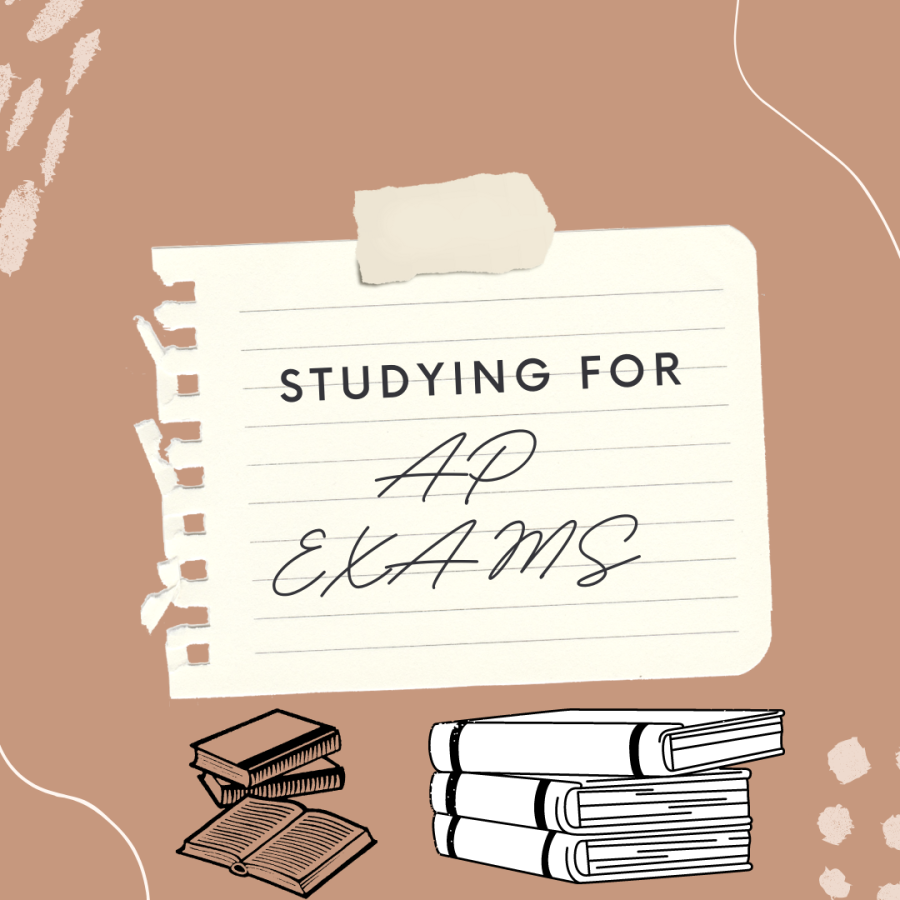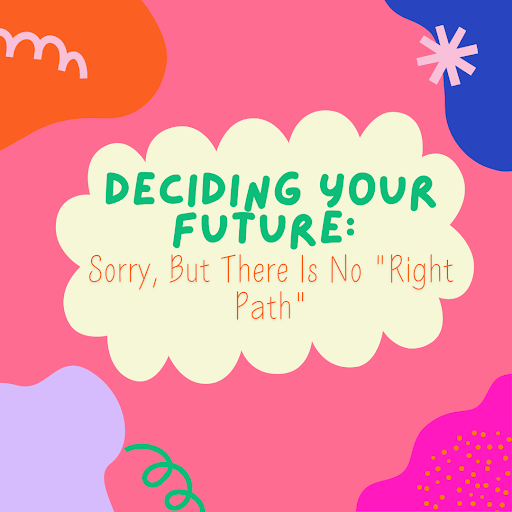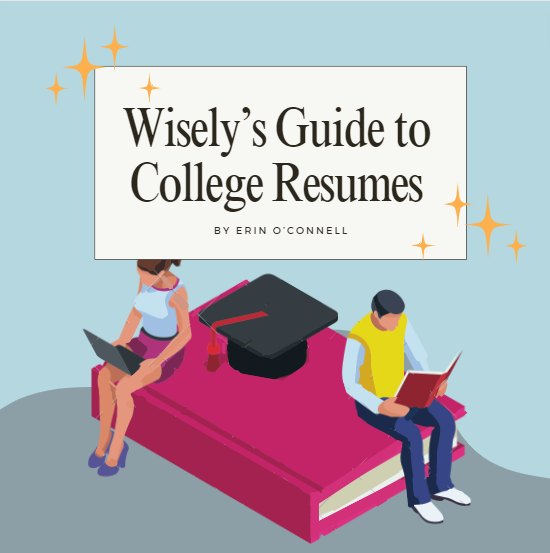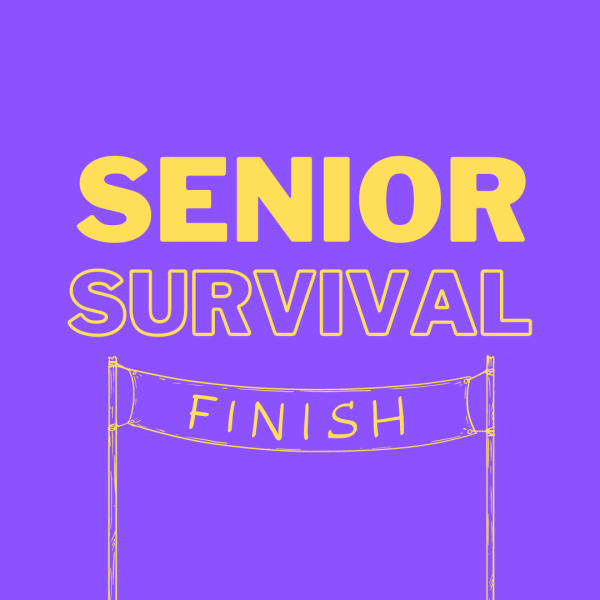STUDYING FOR AP EXAMS
Effective studying and a look into how iUP students are preparing!
As the testing season gets closer and closer, it’s important to start studying. AP courses are tough! It is substantial to prepare in order to maximize your test scores. According to Best Scholars, “the earlier [you] begin preparation, the better [your] chances of getting a higher score.”
Prep Scholar says that studying for AP exams should begin “no later than the midpoint of the school year.” This allows students to space out their studying across about 4 months. Out of those interviewed, three students at iUPrep are already on (that) track. For example, one 12th grader is trying to study for half an hour every day in preparation for their 5 AP exams in May. This will add up to over 50 hours of studying before taking their exams! In addition to reviewing lessons from last semester, they will begin taking practice tests soon. 11th graders Lauren and Iliana are using this approach, as well. Ella McCoy is taking two AP exams this spring. She has been implementing practice tests, reviewing notes, and using the resources on Khan Academy in her daily study sessions. Caleb Ozenne is taking a different technique to his studies. He has purchased a study book to help him. Juniors have a lot on their plate this semester, and Natalie McLaren has added even more to hers with FIVE AP exams! Just like Caleb, she will be using AP review books from Barrons and Princeton; she will also be using flashcards and Quizlet.
Effective studying is more important than long periods of studying. If a student studies for 3 hours but isn’t using effective methods, is multitasking, or is getting distracted, they will get less work done compared to a student who studied for 1 hour with high intensity. Edward Kang from the George Lucus Educational Foundation has created an equation to calculate work accomplished while studying: work accomplished = intensity of focus ✖ time spent.
So, how do you study effectively? It begins with using methods that work for you. Believe it or not, there are many ineffective ways to study that will just waste your time, one of those being studying for long periods of time. On average, a person’s maximum attention span is about 20 minutes, so studying for 2 hours straight is not going to be as beneficial as one may think. Instead, you should have spaced out study sessions. You can focus on one topic for a short period across multiple days. Another effective study technique is pre-tests and self-quizzing. AP classroom has previous FRQ questions for students to practice with. You can even reach out to your teacher, who can make a specialized assignment focusing on your weaknesses.
It is important to study for AP exams in order to achieve the score you’d like. Whether you choose to do practice exams or review your notes, your score will reflect the work you put in. By studying now, you can save money on college courses in the future!
Works Cited:
“HOW TO PREPARE FOR AP Exams: BestColleges.” BestColleges.com, 2 Apr. 2021, https://www.bestcolleges.com/blog/how-to-prepare-for-ap-exams/.
Kang, Edward. “5 Research-Backed Studying Techniques.” Edutopia, George Lucas Educational Foundation, 4 Apr. 2019, https://www.edutopia.org/article/5-research-backed-studying-techniques.
Mautref, Jessica. “Course Duration and Its Impact on Learner Attention Span.” GT, https://blog.gutenberg-technology.com/en/course-duration-and-its-impact-on-learner-attention-span#:~:text=According%20to%20most%20studies%2C%20the,lapses%20in%20attention%20to%20occur.
McCammon, Ellen. “When Should You Start Studying for Your AP Exams?” When Should You Start Studying for Your AP Exams?, https://blog.prepscholar.com/when-should-you-start-studying-for-your-ap-exams.
Tutors, Varsity. “A Test Prep Timeline for AP Exams.” Private Tutoring, 25 Mar. 2014, https://www.varsitytutors.com/blog/a+test+prep+timeline+for+ap+exams#:~:text=Ideally%2C%20your%20preparation%20for%20your,your%20notes%20and%20relevant%20materials.
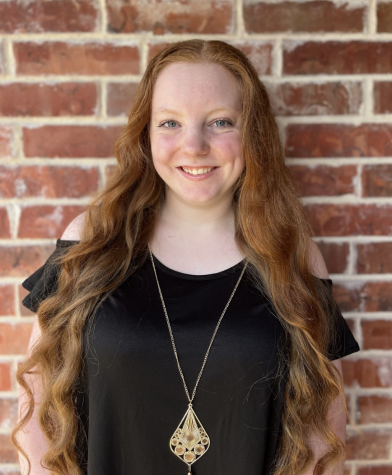
My name is Makenna Horne and this is my 6th and final year at IUP! This is my 2nd year in iHoot and I’m so happy to be a part of the BOE! I love doing...


